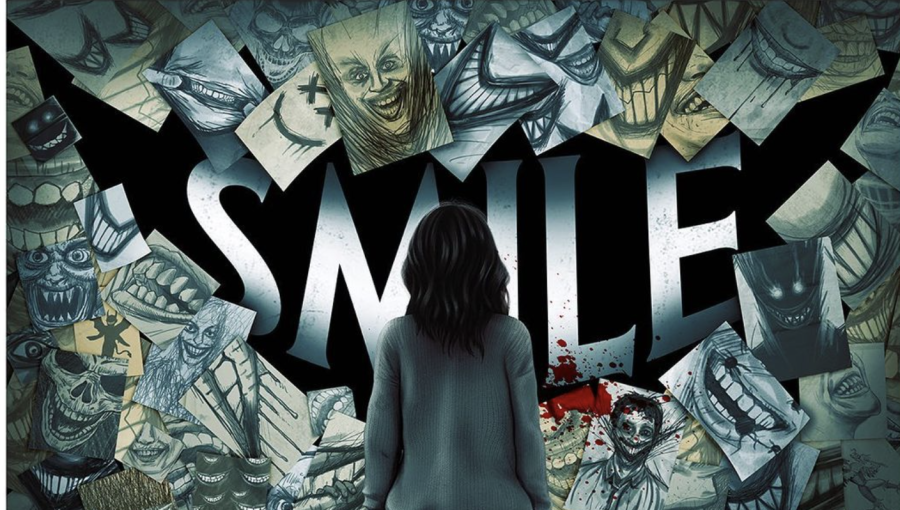Could society benefit from completely dismantling people’s emotional responses? Eradicating people’s swaying passions that lead to irreparable destruction? Such is the posing question in Phillip Noyce’s movie adaptation of the book The Giver, written by Lois Lowry.

The movie starts out panning over a colorless dystopia lead by the voiceover of our main character Jonas. Jonas describes that everyone in his community is assigned a purpose by the elders—the sole leaders and law enforcers of the community—and everyone must administer a medical injection (which he later finds out is actually numbing everyone’s sensations and emotions) at the start of each day.
In this futuristic world, people are forbidden to lie, and since everyone has a designed purpose in a conformed community, no one is jealous of one another. Basically, the opening first scenes of the movie show a bunch of monotonous zombies walking about greeting each other in an overtly creepy, polite way.
Jonas, however, stands out just slightly more than the others as he seems to have an innate sense of curiosity, and, at one point, sees color within his close friend, Fiona’s, hair.
As it turns out, this is one of four qualities that leads to him being chosen as his people’s “receiver of memories” role. As such, Jonas is passed down the sacred memoires of humankind, and with them the ensuing emotions, good and bad.
This is really the point of the conflict of feeling emotions and having to balance the two strongest emotions, love and fear. Above all, this movie shows how to deal with the subsequent pain that ensues when dealing with these emotions.
As Jonas experiences emotions for the first time, we’re reminded of what it means to live, to experience birth, love, music, snow, rain, and the enriching facets of joy.
Even as Jonas experiences his first recounts of war and the loss of a fallen comrade, we must accept that pain is a quintessential part of living. Once Jonas feels and soars through this emotional spectrum, it’s clear that he believes that the way of life in his community is egregiously wrong.
Ultimately, The Giver evokes a visceral response from the audience and achieves a carefully mended portrayal of what it means to be human.











